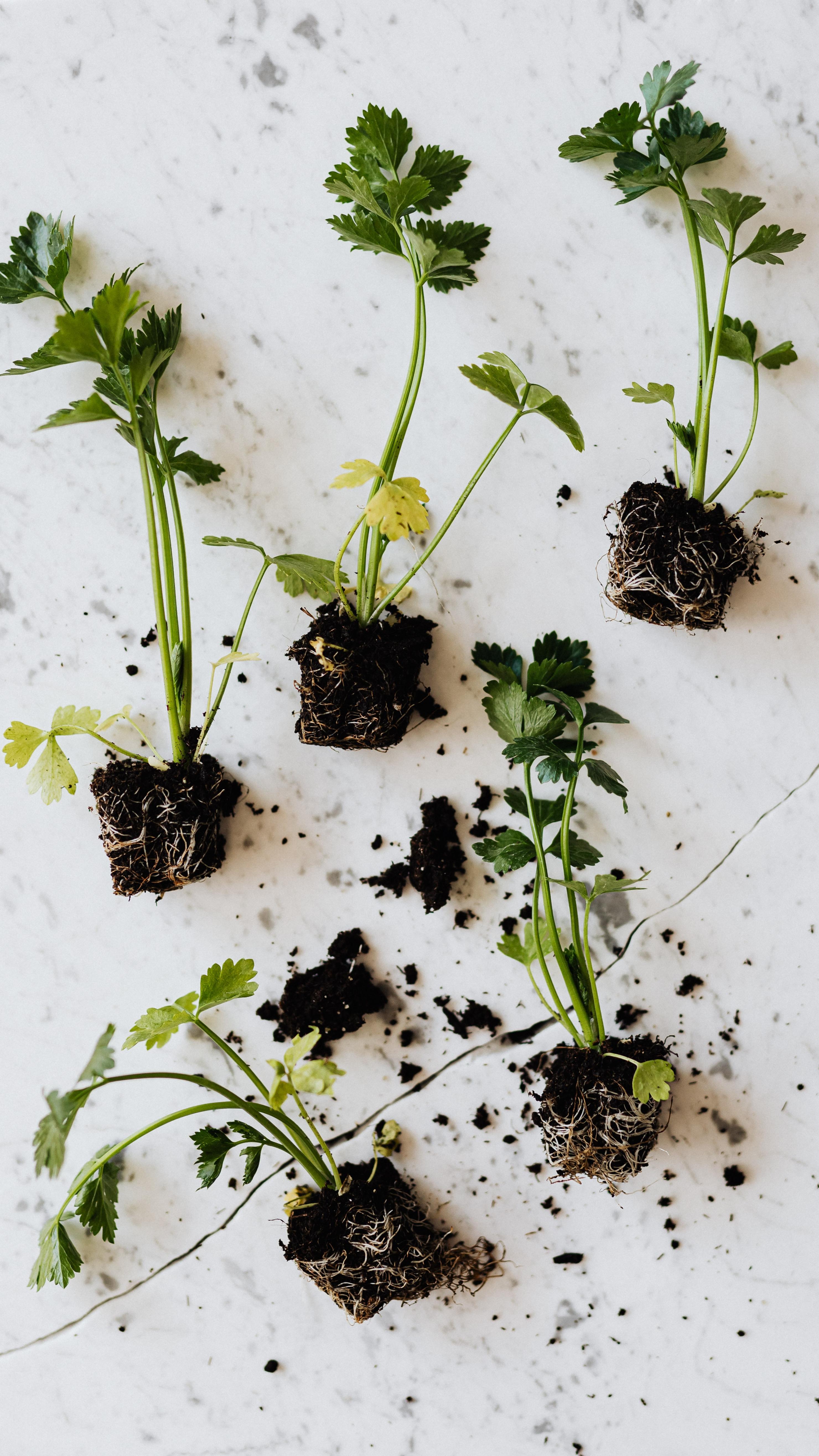One of the most powerful stories in Genesis, is about Joseph – you know the one with the special coat favoured by his father. It’s a shocking story about rivalry and jealousy. His brothers hate him because he is his father’s favourite, and has those strange dreams that suggest that he is more important than they are. It infuriates them! But his brother’s decision to sell him into slavery and lie to their father by telling him that Joseph was dead haunts them for much of their lives as dreadful secrets tend to do, and casts a dark shadow over the whole family.
Joseph, now a slave, at first finds himself in a trusted position and part of a wealthy Egyptian family where he proves his worth, never complaining of his servile status, until his master’s wife tries to seduce him. When he refuses her advances she turns on him and accuses him of rape. It’s all so unfair, and Joseph finds himself thrown into prison, his word once trusted is now scorned and his character tainted and blemished.
This part of the story could well describe what we are all going through with the Covid 19 virus. Having been through the first lockdown we emerged fairly well unscathed. We were the envy of many countries, and we relaxed a bit too much, not taking too much notice of the health warnings our governments were urging upon us. Now we are back in lockdown in a worse position than before with increased community transmission of the virus. We have had to suspend our 8.30am service for the time being and stay home, isolated as much as possible so as to slow the spread of the virus once again.
The big issue for us is how do we respond to these restrictions? How do we cope in such a way that opens our lives up rather than shuts us down?
The story of Joseph may hold some answers.
Nowhere do we find Joseph desolate, depressed or expressing anger – either at his brothers, or the injustice done to him by Potiphar’s wife. It’s clear that his situation is dire, but he chooses to make the most of his situation, using his gifts and wisdom even in his confinement. He interprets the dreams of his inmates and waits prayerfully on God, until Pharaoh hears about his ability to interpret dreams and hauls him out of gaol to interpret the dreams that have so disturbed his evening rest.
The story ends with Joseph exonerated, placed in a position of great authority in which he proves his worth and saves not only the nation but also his own family.
What is so powerful is the way he deals kindly with his brothers, forgiving them and so lifting the cloud that haunted them up to this point. Joseph was able to see the hand of God in all this mess; how God used Joseph in each situation to bring about redemption for his people.
Perhaps we could see this time of lockdown as an invitation to slow the pace of our lives; an encouragement to take one of the psalms, like Psalm 139:1-12, or Psalm 107:1-9, or Psalm 34:1-10, and put it to memory. When we put psalms like these to memory it helps us to ponder over the words and images of the poetry so that they speak to us more and more as we ponder over the words.
The reason we have these ancient songs and poems is that they have been tested over time as people have sung and recited them over and over again until they become the prayer of our heart. When that happens to us the psalm begins its work on us.
See this as an invitation. Yes, memorising something isn’t always easy, you need to begin slowly learning a verse at a time and then adding the next. But believe me it’s worth it in the end. I would love to hear how you go if you choose to take up this suggestion, but if not I’d love to hear what you do do to make the most of this time. Whatever happens know that you are in my prayers.
Peter





